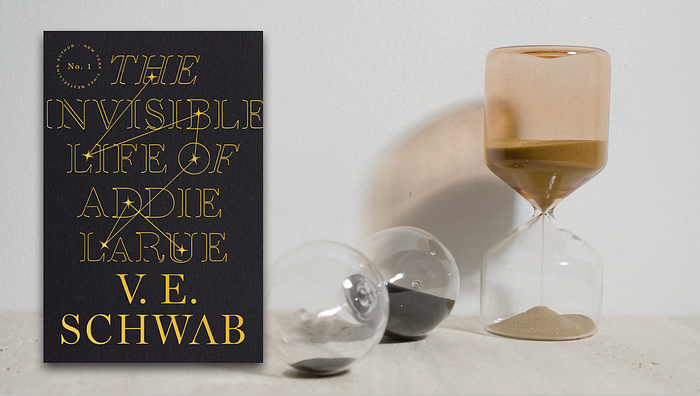Member-only story
Curio Fiction: Showcasing the Fantastic in Our World

There’s a particular subgenre of speculative fiction that scratches an itch for me like no other. It’s where you find yourself in a world very much like our own, except one thing is slightly…off. Perhaps there’s a movie theater that plays only memories, or the story centers on a child who learns the language of cats. Or in this familiar-yet-unfamiliar world, everyone wears electronic bracelets that monitor their moods.
These stories place the fantastic alongside the mundane, yet their speculative elements feel subtle compared to other works classified as fantasy or science fiction. The Midnight Library by Matt Haig, for example, has a contemporary setting that features one distinct speculative element: the midnight library, which is a manifestation of purgatory that allows the main character to travel along alternate life paths by choosing different books from the shelves.
It’s a fantasy novel, certainly, but to group it with the fantasy worlds of Patrick Rothfuss or Robin Hobb feels akin to calling cereal a soup. They’re related but distinct categories.

When I think of this brand of speculative fiction — the real world but one notch off — dozens of examples spill into my mind, many of them crossing other genres:
- Every Day by David Levithan is a young adult romance that sends its protagonist into a new body day after day.
- In V.E. Schwab’s historical novel The Invisible Life of Addie LaRue, a woman gains immortality yet is cursed to be forgotten by others.
- A man inexplicably transforms into a giant insect in Franz Kafka’s Metamorphosis, combining horror and philosophy.
- In the world of television, there’s Pushing Daisies, a whimsical show wherein a pie-maker can resurrect the dead with one touch, but a second touch returns them to the grave forever.

